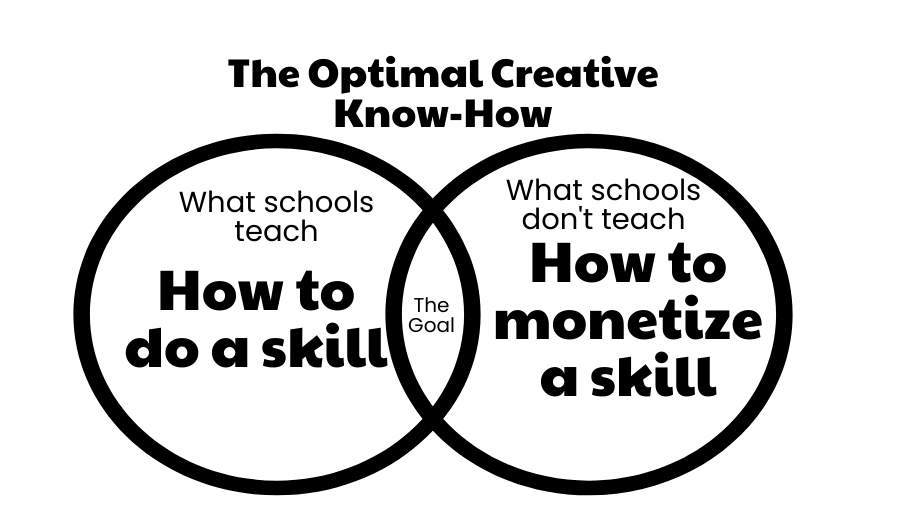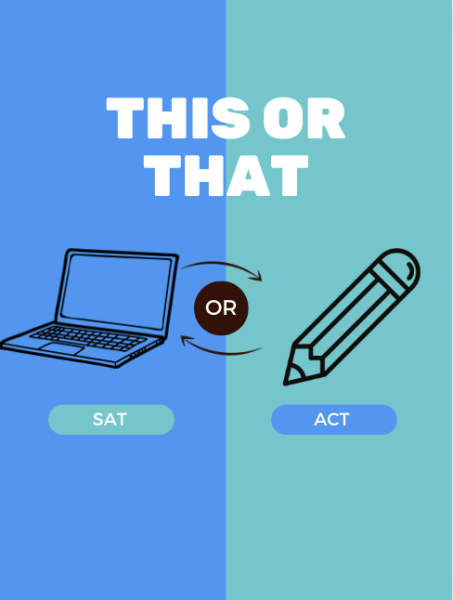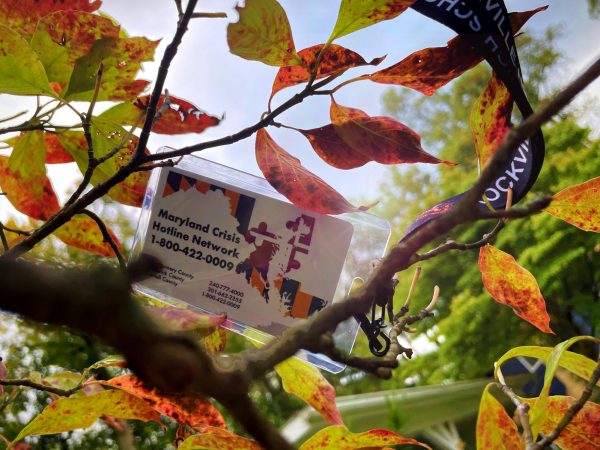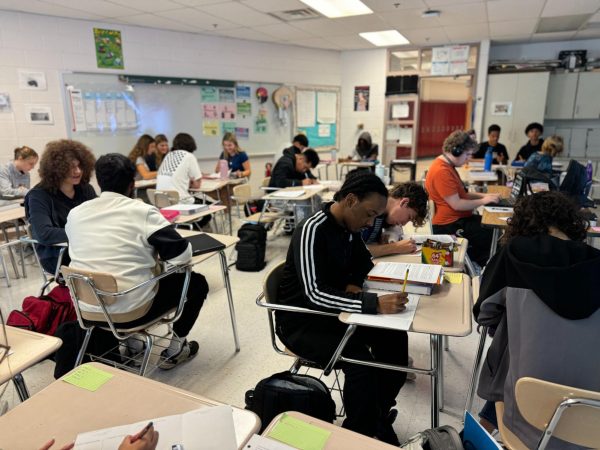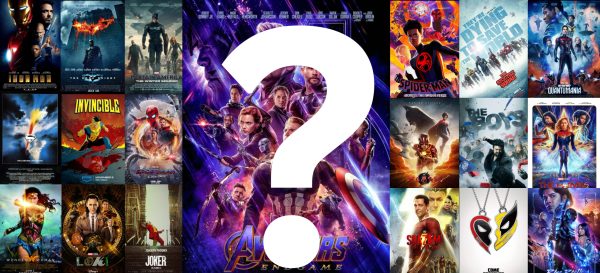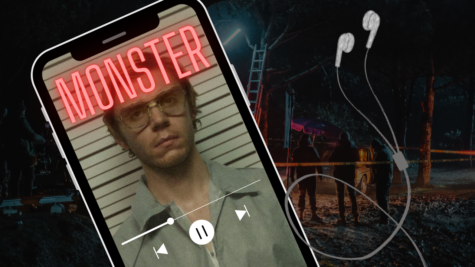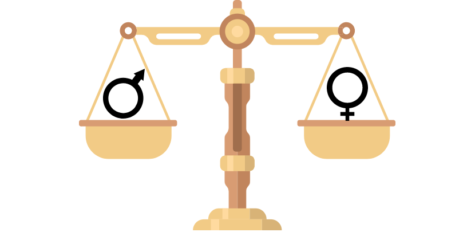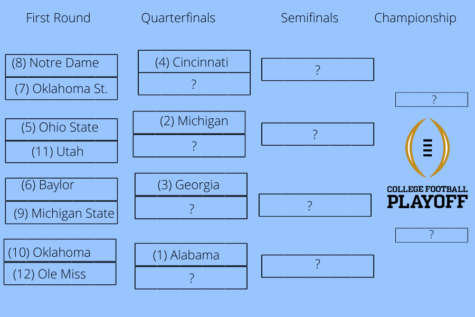From Student to Starving Artist: MCPS Courses Should Enable Students to Monetize Skills
A thousand pieces of publishing advice came at me from every direction. It felt like I was caught in a hailstorm of suggestions for various formatters, printers, marketing solutions, and distribution channels. I was stumbling around in the dark world of publishing with no idea what I was doing. As I nervously combed through my options, I could not help but think about the hours that I had spent in English class learning how to write. I learned about plot structure, dialogue tags, character development and pacing. I grasped how to vary syntax, and incorporate various types of figurative language into my writing. The problem was not that my English classes failed to make me a good writer. The problem was that they failed to teach me how to monetize that skill.
This is a problem throughout the skill-based classes that are taught in MCPS. Musicians learn how to play their instruments, but not how to book gigs. Visual artists are taught how to sketch, paint, and use clay, but not how much they should charge for a commission. Students with skills in languages, tech, and programming all technically have the ability to make money by doing what they are good at, however they are given inadequate guidance on how to do that.
Every class should include at least one week of instruction on how to monetize the skills taught in the class, and every teacher should provide additional resources on the best ways to turn a hobby into something they can capitalize on. By providing basic instruction and reliable resources, teachers will give students the confidence to use their skills in the real world, and the knowledge to do it effectively.
Basic instruction in English class would be how to submit to literary magazines, how to write query letters and how to approach different types of publishers. That instruction would be accompanied with reputable resources such as useful blog posts or books on self-publishing, lists of literary agents who accept proposals from young writers and the information on which hybrid publishers are scammers and which are not.
Basic instruction in art class would be the best places to submit artwork, how much to charge for commissions and how to connect with authors, comic writers and magazines which might be interested in hiring an artist to help with visual components of their work. Similarly, more in-depth resources could be provided to artists who are looking for additional information on how to take that next step.
While incorporating this information into the curriculum would certainly take time, and would probably edge out some content in each of the classes, student engagement and interest in a class, and therefore the quality of their work would skyrocket if they knew how to apply the skills they are learning to make money.
There is an age-old question that every teacher is asked, and hates to be asked: “when am I going to use this in my life?” It is time to give students a satisfactory answer, by teaching them how they are going to use it in their life.

Junior Ben Kushner is starting his first full year at the Rampage as Copy Editor and News Managing Editor. He completed Intro to Journalism his sophomore...


